How to keep your dog calm in the car, by top trainer Ben Randall
Plenty of dogs get excited when going on a car journey, but for some that over-exuberance tips over into behaviour which could cause serious problems — including distracting the driver. Ben Randall shares his tips on how to keep your canine companions calm — and safe — on a journey.
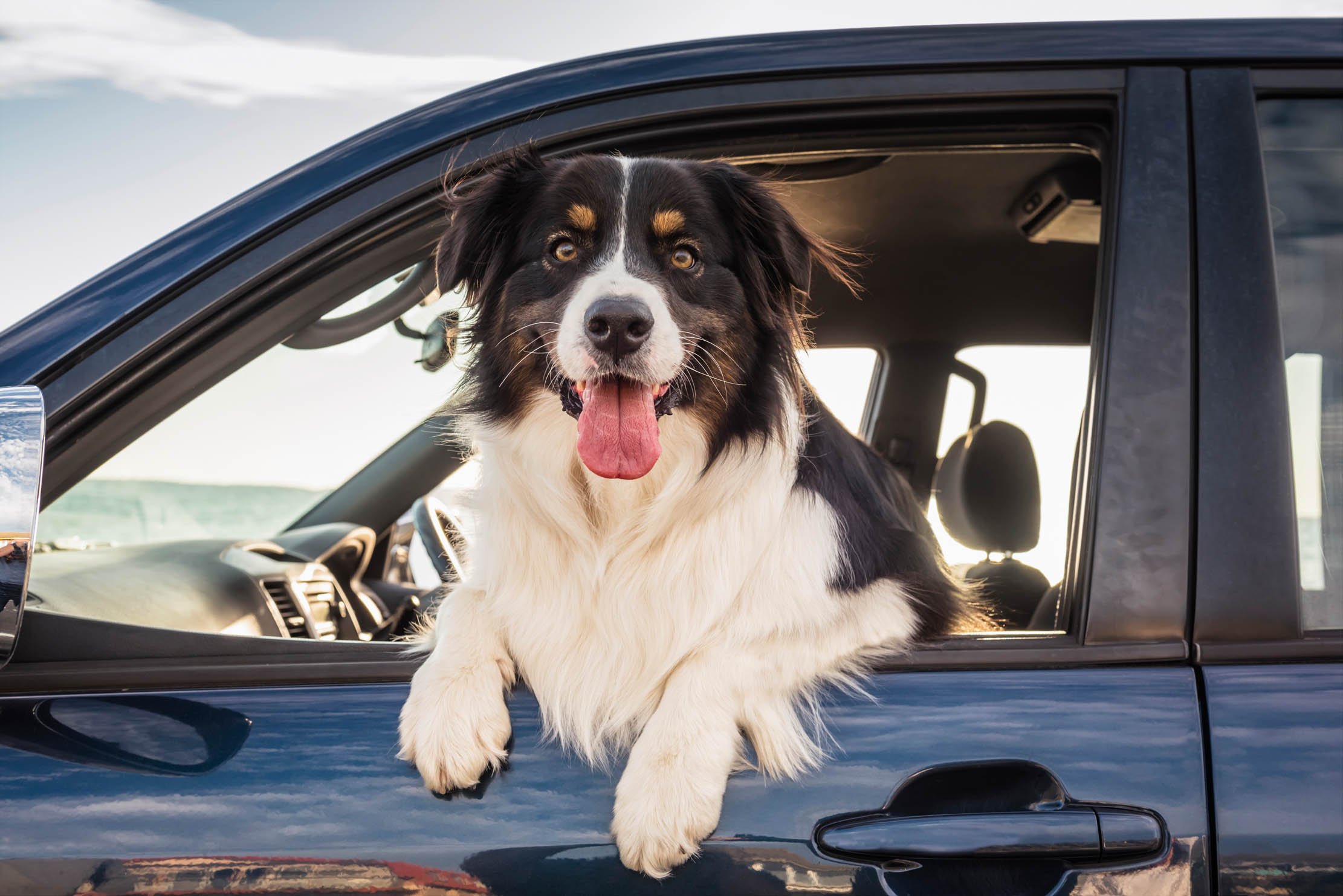

We’ve all seen it and experienced it with our own dogs: that embarrassing and often cringeworthy moment when your dog sees something out of the car window that it doesn’t like and then starts bouncing around and barking like a lunatic. As is always the case, this tends to happen exactly when you least need it — perhaps when you're pulling up to take a car parking ticket out of a machine, or winding down a window to talk to a friend. But what can we do to alleviate the situation, especially when the dogs are in the boot and there is little we can do to calm them down when we are driving?
This is exactly the issue faced by J. P., who has written to us via our paws-for-thought@futurenet.com email address to ask for Ben’s advice on how to deal with their rescue dog’s reactivity and noisy behaviour when travelling in the car.
Hi Ben,Our (we think) four-year-old standard poodle will happily jump into the car — any car, actually — but seems to become terrified once we start the vehicle and get on the road. As he came to us at about one and a half year’s old — or so an examination of his teeth, etc, led our vet to believe — we don’t have any knowledge of his early life. He is in every other respect a wonderful companion, loving, respectful and easy to train. Although he’s not very interested in food, so treat training can be hit and miss.Once we start the car, he becomes very anxious: barking, yipping, whining and watching every other car on the road. We have got him to the point where he will lie down for short periods, but he will never completely relax.We are seniors and would love to take more road trips with our boy, but it is just too stressful for us all. Can you help? — J P, via email
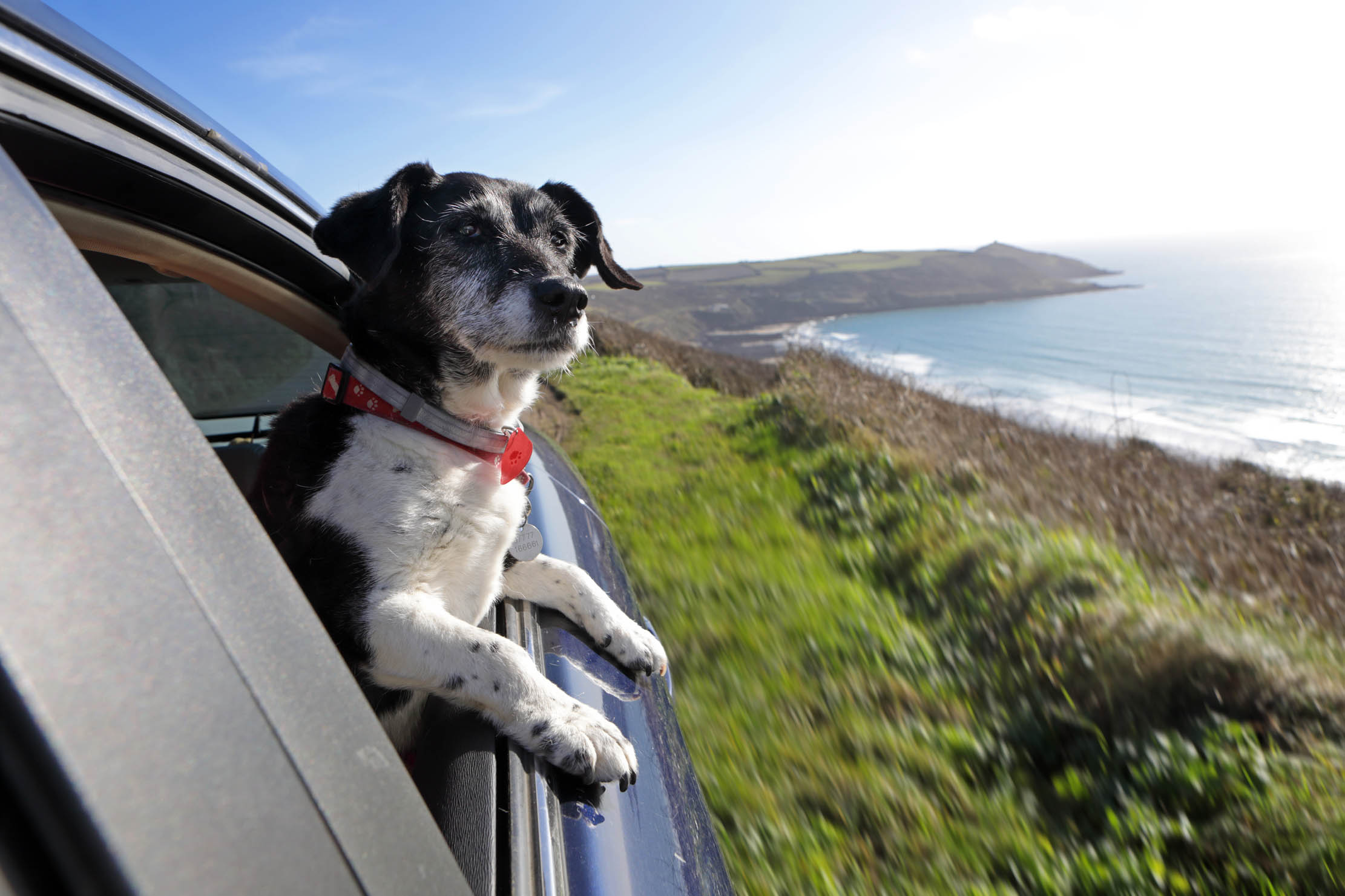
During the week here at our boarding kennels in Herefordshire, between 30 to 50 dogs arrive in cars every day, so I see this reactivity quite a lot. Although you believe your dog might be nervous or concerned about the actual driving experience, I would slightly question your interpretation of the scenario. For example, the fact he is super happy to jump into your car indicates to me that he enjoys the experience and the space that he is jumping into.
So I suspect that his behaviour from that moment on — barking, whining and yipping at other cars and other people — is something different. It's much more likely to do with overexcitement and potentially dominant behaviour: he’s thinking to himself, ‘This is my car and I am going to bark at anyone who comes close.’
I’ve been perfecting my BG (Beggarbush) foundation methods for nearly 20 years and understand that even experienced dog owners come up against issues that they are not sure how to handle. However, with a little time and perseverance, it won’t take long to encourage your dog to be more chilled out and less reactive when he’s travelling in the car. You can learn more via @beggarbush on Instagram and my dog-training app (this link will let you get a free trial) or ask me your own question by emailing paws-for-thought@futurenet.com.
How to stop your dog going crazy on a car journey
1. Establish what is triggering the behaviour
First, ask yourself a question: when you start the car up and sit on the driveway with the radio on, does your dog start barking straight away? Some dogs are scared of getting in the car — and I've tackled that problem in the past — but this sounds a little different. I would imagine that your pet doesn’t start sounding off until you actually drive away from your home and he sees cars, bikes and other people approaching your car.
If that's the case, the root cause is excitement. I often see dogs on high alert and in off-the-scale excitement mode when they are arriving or going home from our kennels: they're barking manically and whizzing around in the back of the car as their owners pull in or out of our gates, because they are either being dropped off or collected from their fun place.
Sign up for the Country Life Newsletter
Exquisite houses, the beauty of Nature, and how to get the most from your life, straight to your inbox.
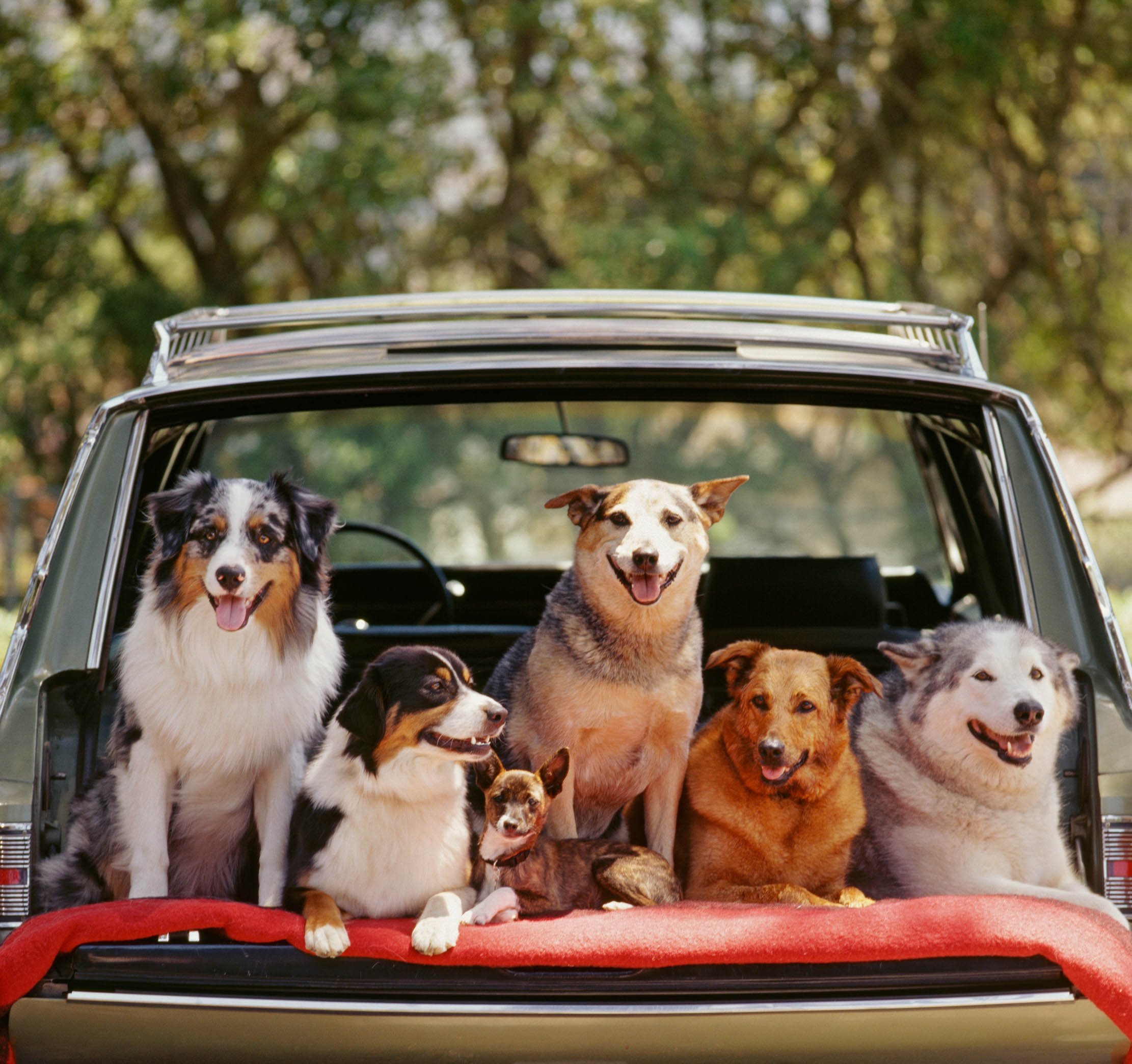
2. Work on the 'leave' and 'in' commands to help your dog calm down when you tell it
To deal with this, you need to teach your dog the 'leave' command — or re-establish it, if he's got a bit rusty — to discourage this unwanted behaviour. On top of that, and particularly if he is jumping up and down as well as making a lot of noise, I would use the in command to get him to stop, and encourage him to go back to his bed in the boot. This will help him settle down.
3. Double-down on your usual training
While 'leave' and 'in' will tackle the problem in the car, it is vitally important to re-establish our foundation commands, such as ‘teaching your dog to sit, or walk to heel. Why? Because frequently this type of frenzied behaviour can extend in to other areas (such as not wanting to sit or walk to heel on the lead), so sharpening him up in this regard will help in all circumstances. My training app details a number of useful exercises that can be employed around your dog’s meal times.
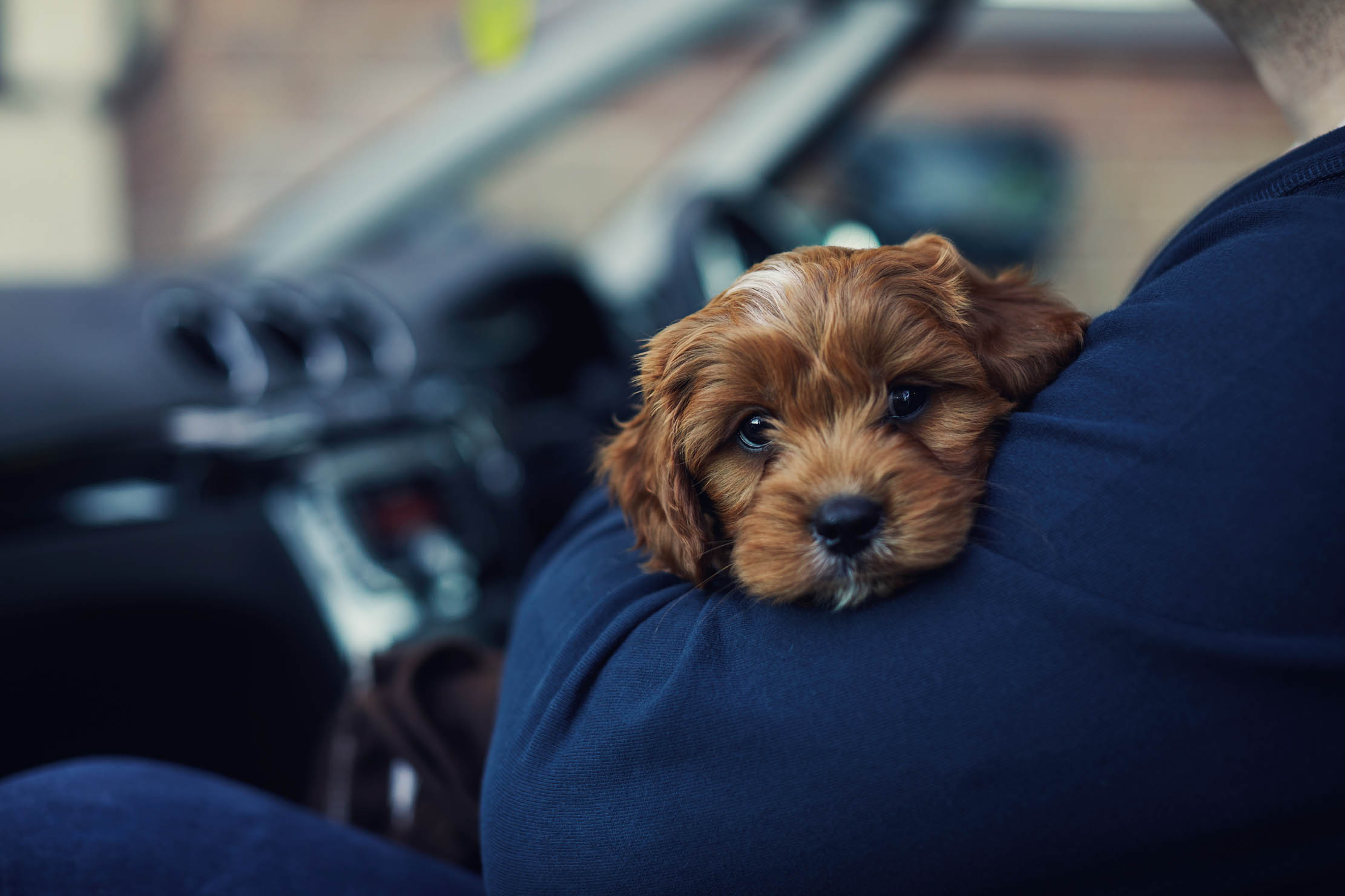
4. Consider how your dog travels in the car
When I drive anywhere with my dogs in the boot of my car, they always travel in a professionally made crash-resistant, fully ventilated dog box, with mesh doors at the back only, so that the dogs are in a quiet, calm and — most importantly — safe environment. Travelling this way also means that they lie down and settle and are therefore not disturbed or distracted by anything outside of the vehicle.
5. Be prepared to cover all your bases — literally
Finally, sometimes thinking outside of the box (forgive the pun), can help in these situations. Last year, one of my clients, who has a very reactive collie, came to me with a similar issue. We began by — as I have suggested here — re-establishing the foundation commands and the dog soon improved.
However, what they found really helped was always covering the crate with a large blanket whenever they took their collie anywhere in the car. They also did the same with his crate in the house, so that, regardless of whether he was in the car or their home, he understood that the crate was his dark, safe and calm space and was therefore happy to relax in that environment. This strategy has worked so well that their collie now very rarely barks or is overly reactive in any way when it is travelling in the car.
For more detailed advice about Ben Randall’s positive, reward-based and proven BG training methods, one-to-one training sessions, residential training or five-star dog-boarding at his BGHQ in Herefordshire, telephone 01531 670960 or visit www.ledburylodgekennels.co.uk. For a free seven-day trial of the Gundog app, which costs £24.99 a month or £249.99 a year, visit www.gundog.app/trial
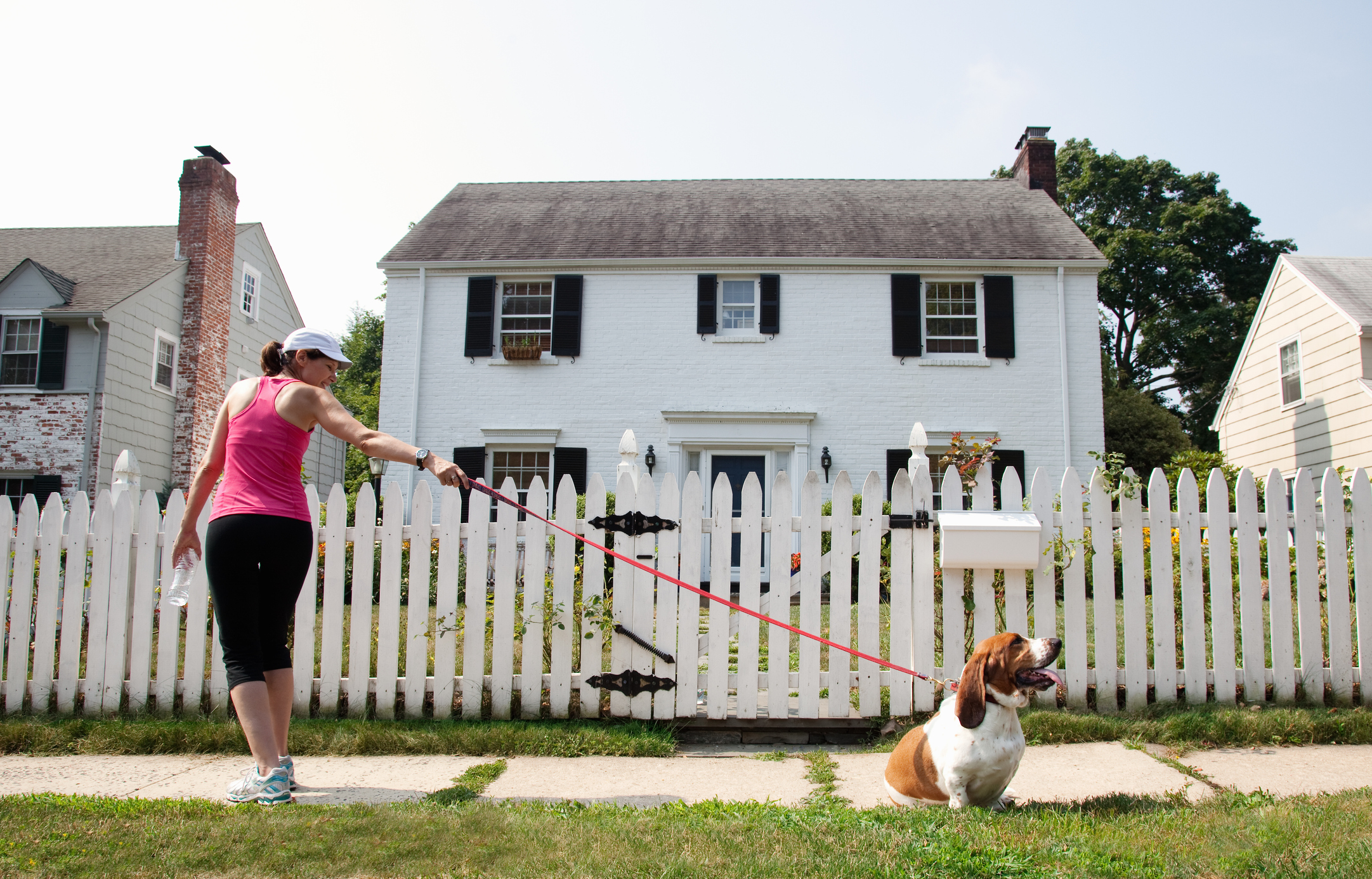
Credit: Getty Images
'My dog behaves for my partner, but not for me — what can I do?' Expert trainer Ben Randall has the answer
Training a dog is one thing. Getting a dog trained so that it responds just as happily to everyone in
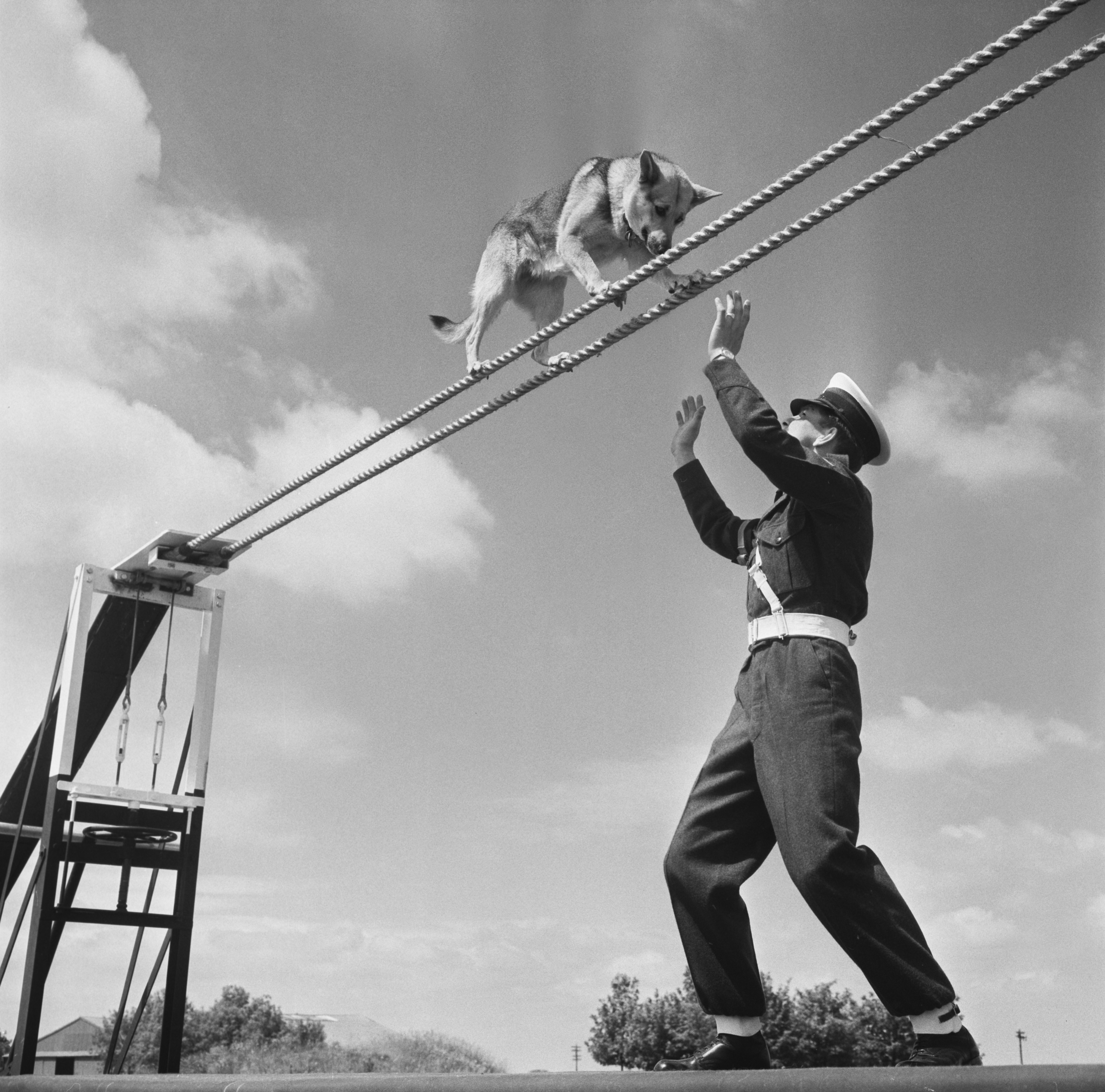
Are you overtraining your dog? The signs to look for, and how to put it right
A reader this week suffers from a dog who can't concentrate and is getting distracted all the time, but with
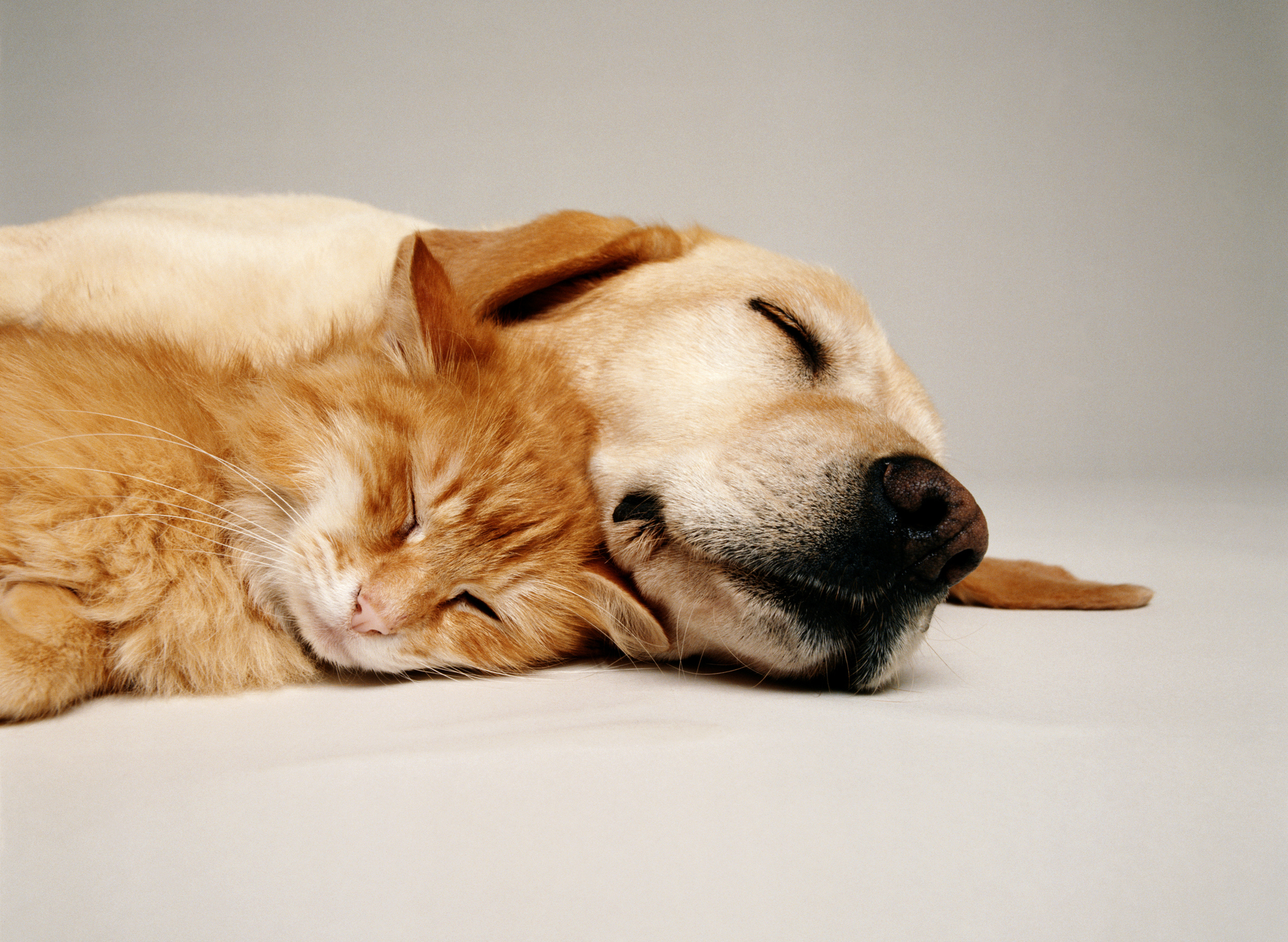
Credit: Getty
How to introduce a puppy to your cat, by expert dog trainer Ben Randall
Introducing a dog to a cat can be nerve-wracking, but get it right and the two of them can get
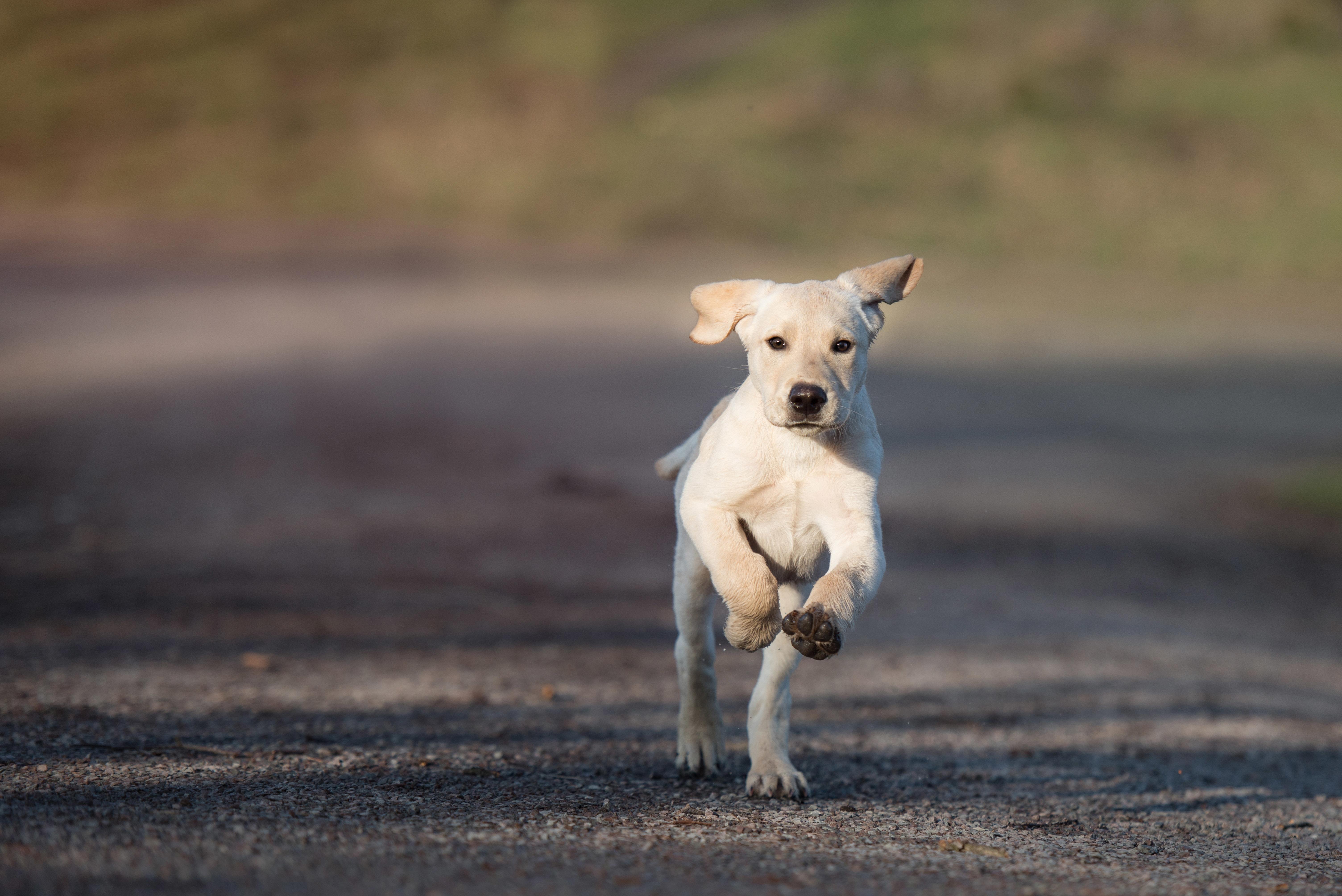
Credit: Alamy Stock Photo
How to stop a dog chasing cars: Six tips from top dog-trainer Ben Randall
Watching your dog run after traffic can be heart-stoppingly scary — but it's also a difficult habit to break. Ben Randall,
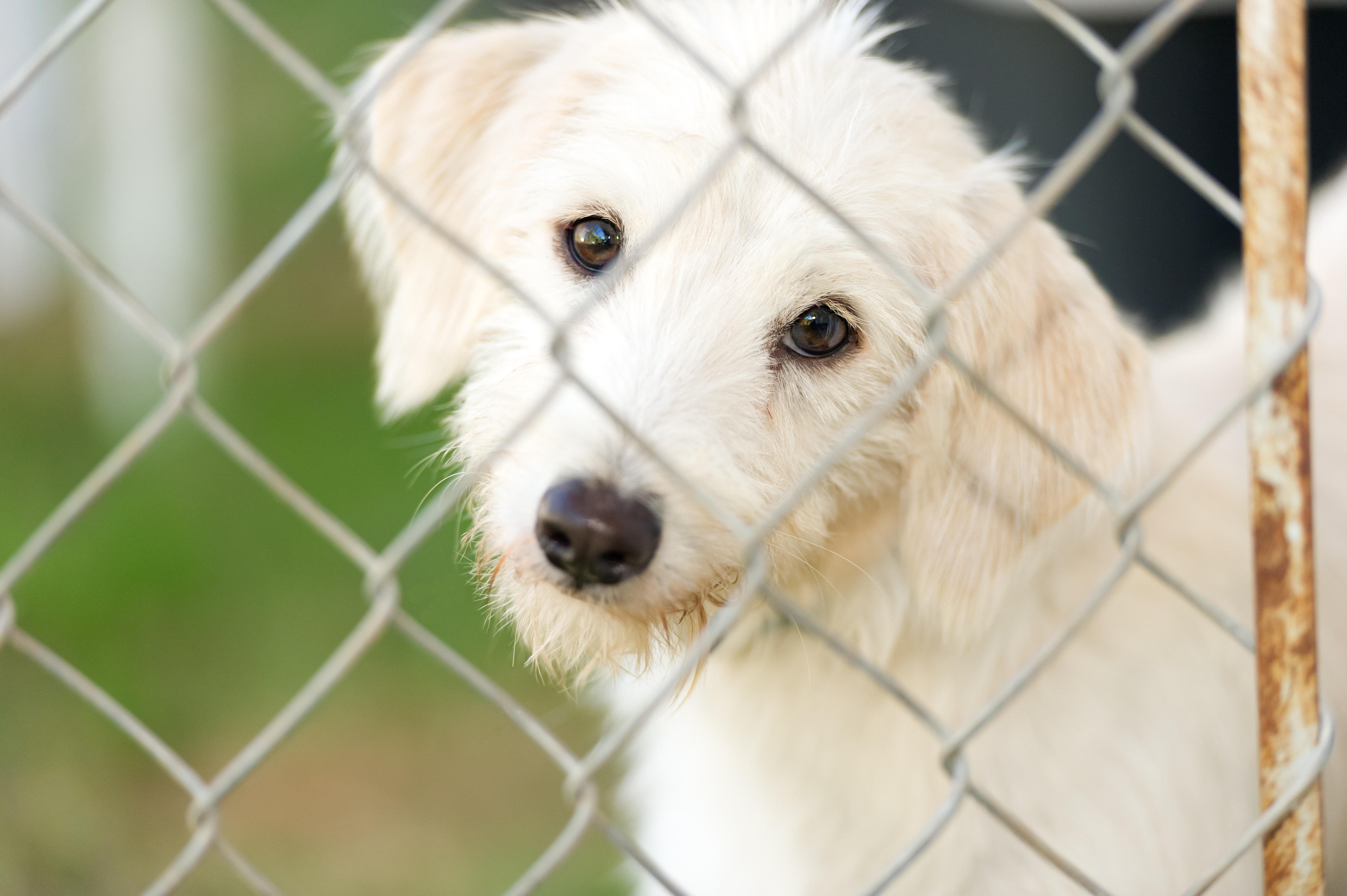
How to choose a rescue dog, by expert trainer Ben Randall
Adopting a dog in need of a new home can be a fabulous experience that will transform your life for
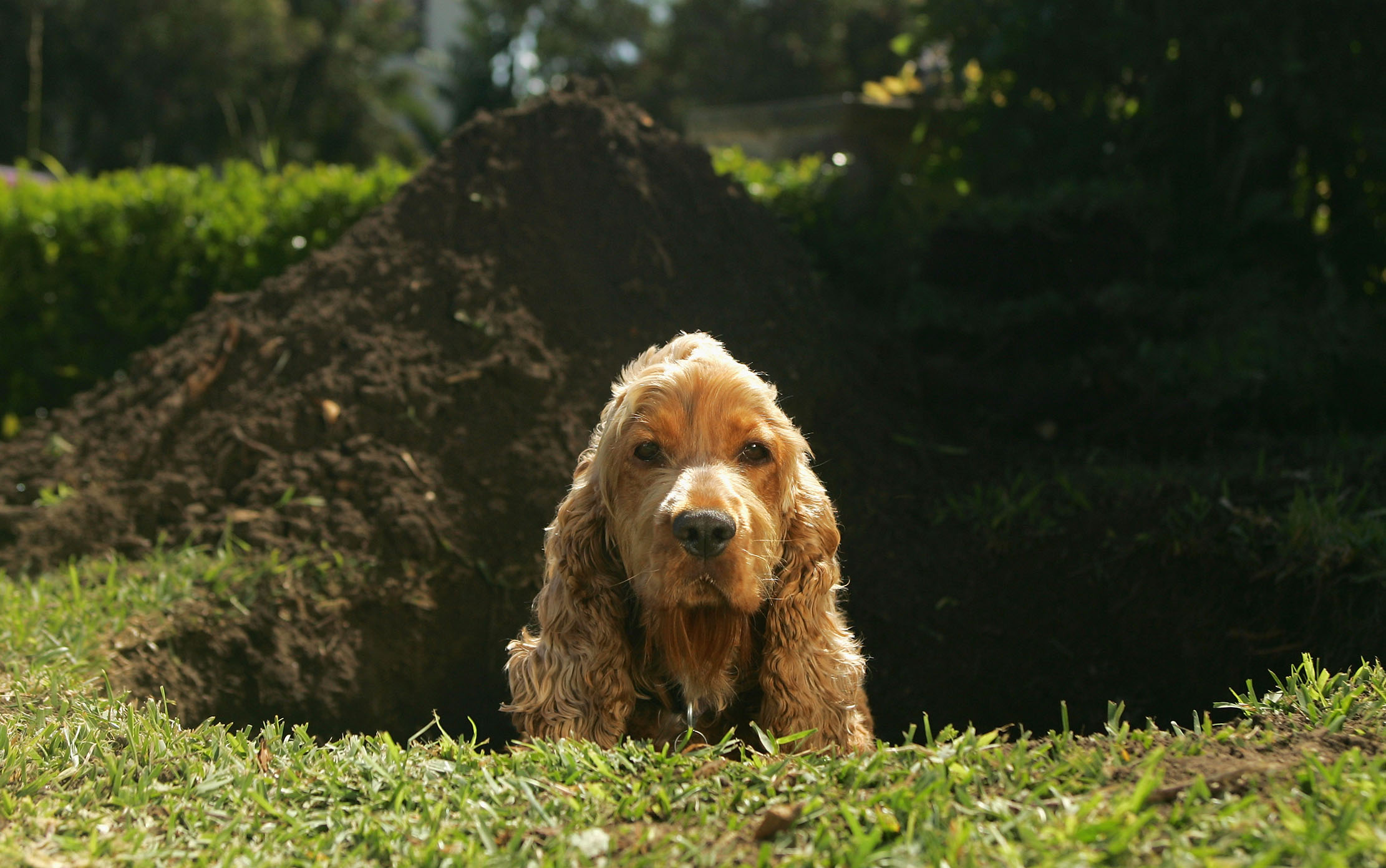
How to stop your dog digging up the garden
A dog’s enthusiasm for digging in the garden is not just hazardous for those prized petunias, but can be dangerous
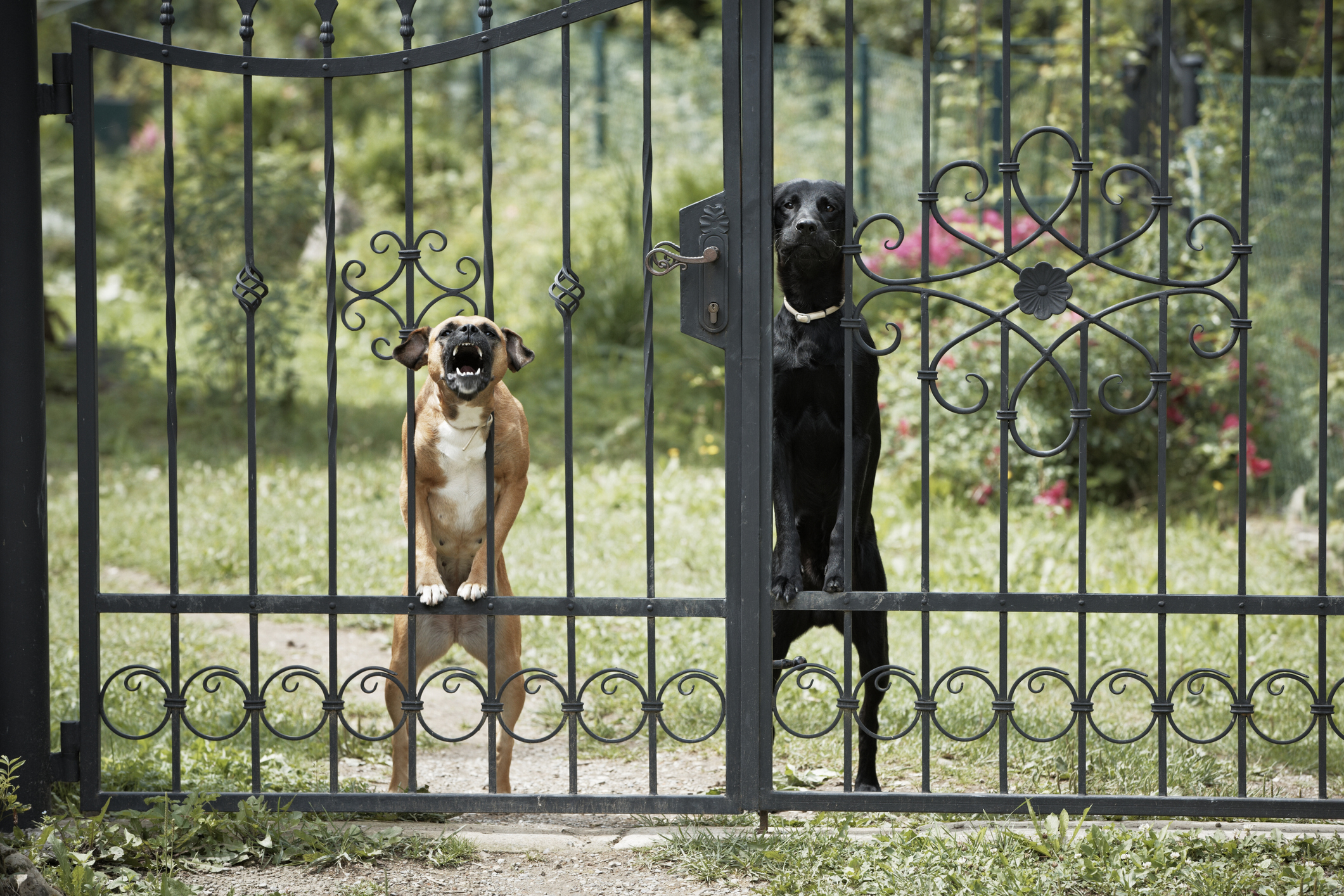
How do I stop my dog barking at people coming up to my house? Expert advice from top trainer Ben Randall
Disconcerting for visitors, distressing for owners and terrifying for delivery people, having a dog that constantly barks at strangers is
-
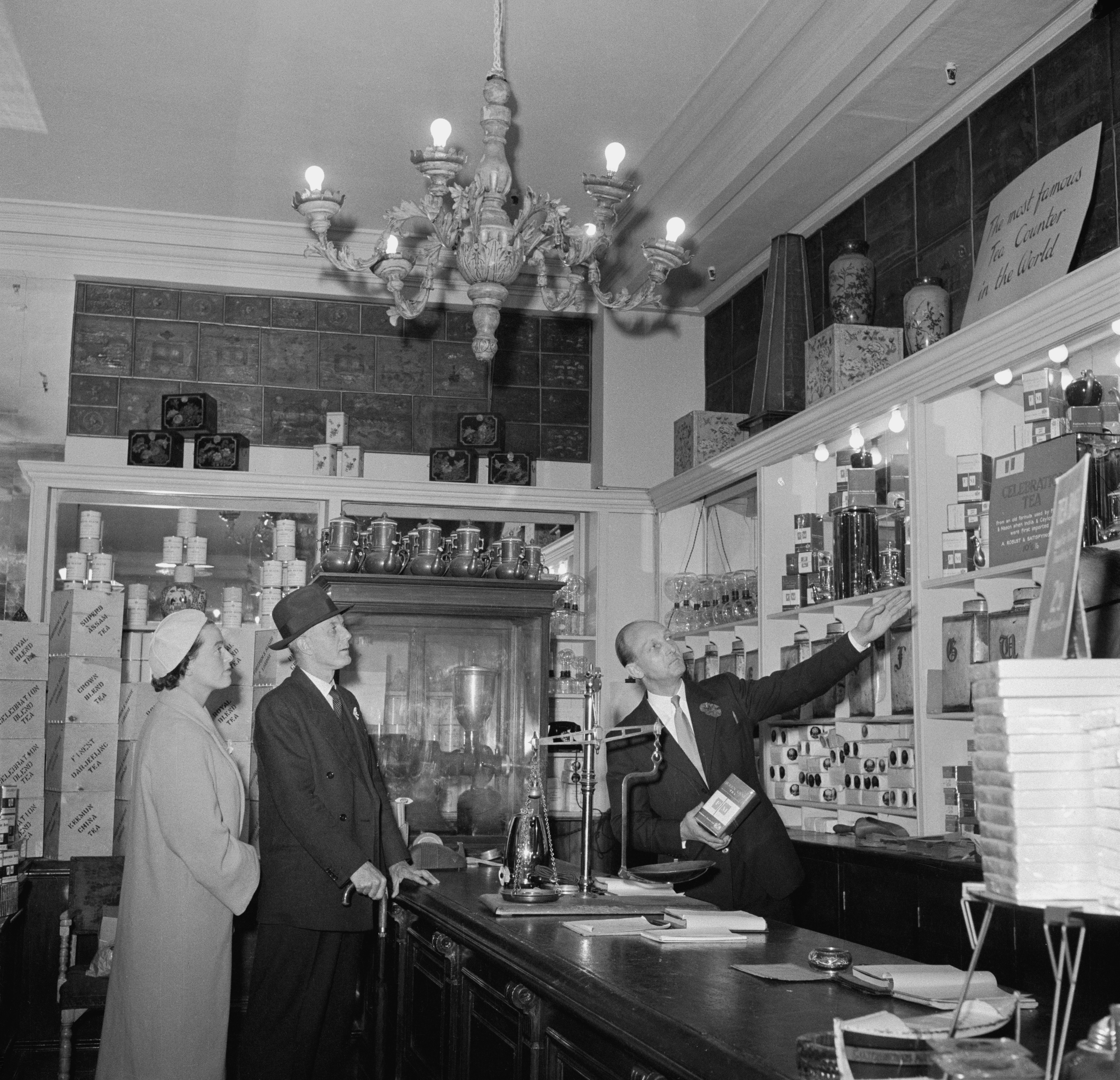 Bye bye hamper, hello hot sauce: Fortnum & Mason return to their roots with a new collection of ingredients and cookware
Bye bye hamper, hello hot sauce: Fortnum & Mason return to their roots with a new collection of ingredients and cookwareWith products sourced from around the world, the department store's new ingredients and cookware collection is making something of a splash.
-
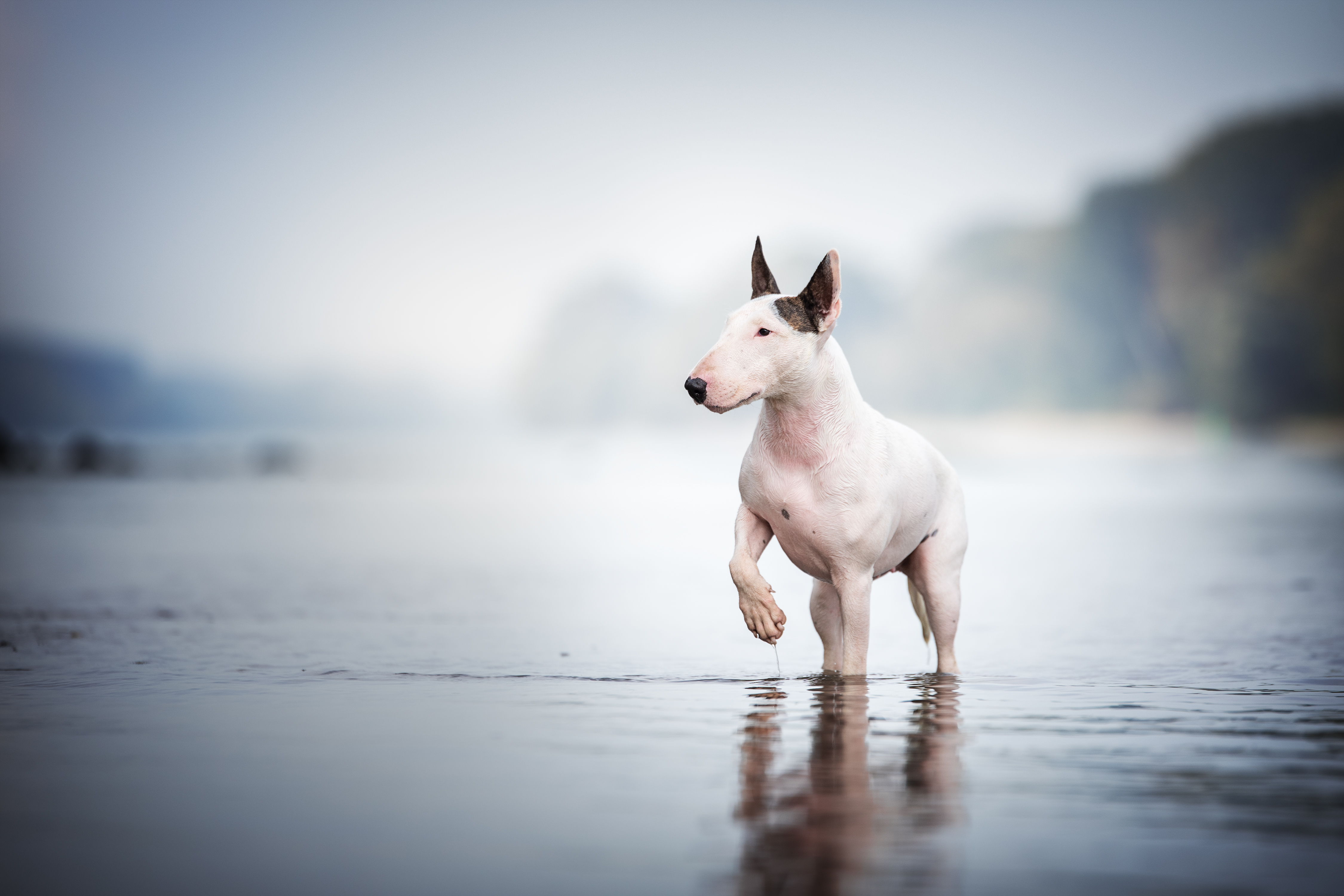 Sheep-herding dogs, The Archers and Sir David Attenborough: Country Life Quiz of the Day, May 8, 2025
Sheep-herding dogs, The Archers and Sir David Attenborough: Country Life Quiz of the Day, May 8, 2025Thursday's Quiz of the Day features dogs, David (Attenborough) and radio drama.
-
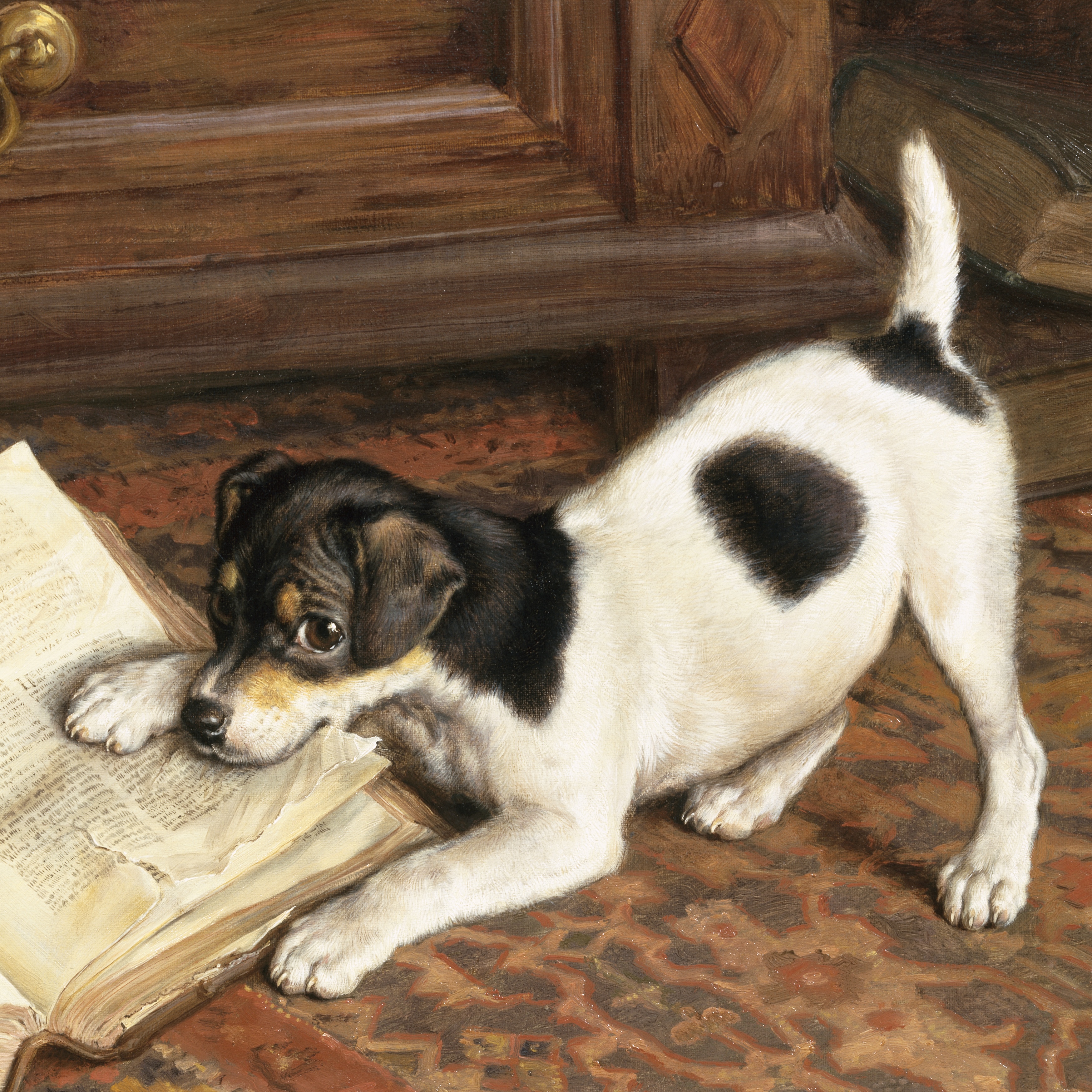 Ben Randall: Why your dog behaves for some people, but not others
Ben Randall: Why your dog behaves for some people, but not othersAward-winning dog trainer Ben Randall shares his advice with Country Life readers on one of the most common questions he gets asked.
-
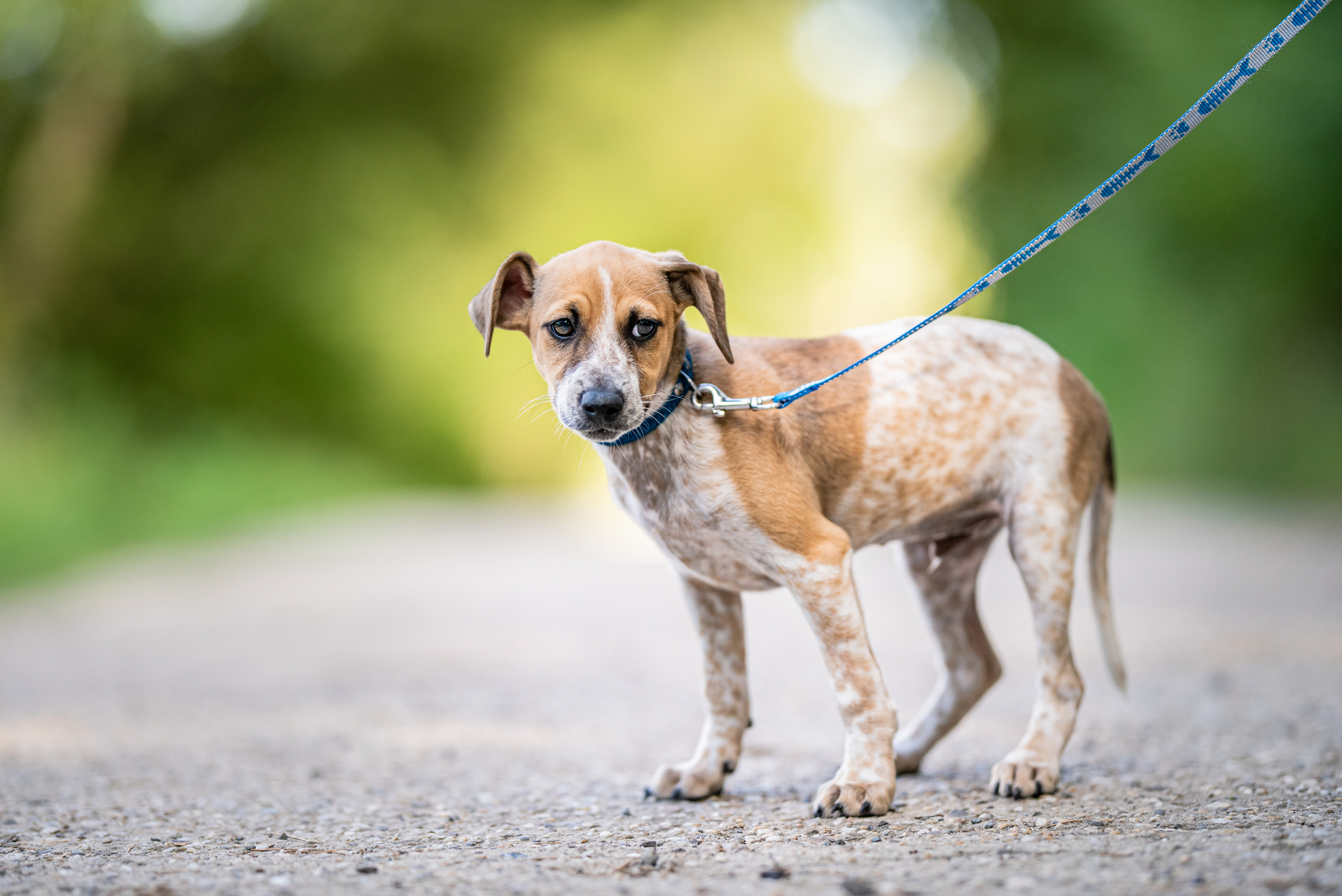 What to do when your dog gets attacked by another dog out on a walk
What to do when your dog gets attacked by another dog out on a walkBen Randall deals with a reader's difficult situation as an ordinary walk took a turn for the worse.
-
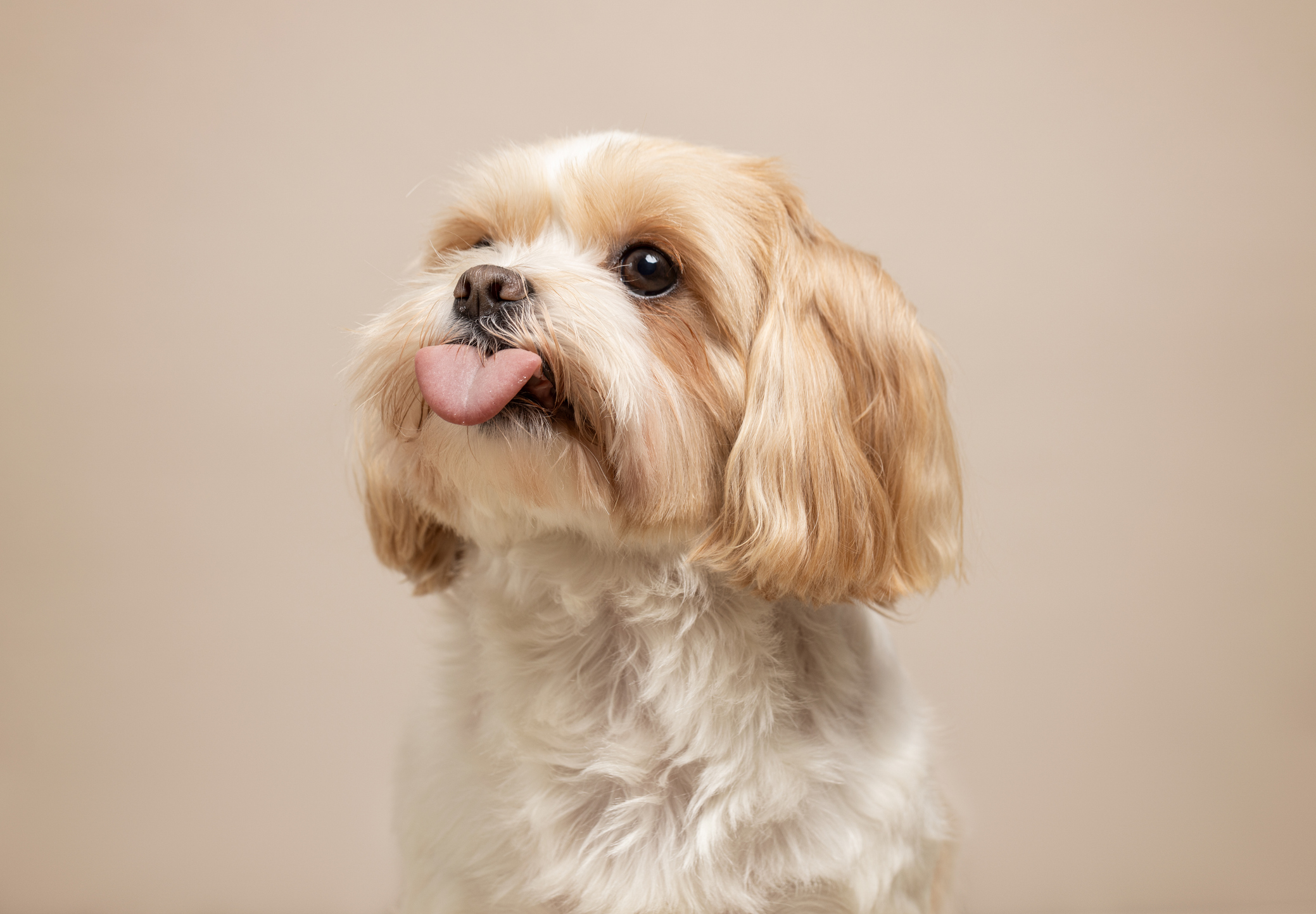 How to deal with an older dog starting to show some bad behaviour after many happy years
How to deal with an older dog starting to show some bad behaviour after many happy yearsA-list dog trainer Ben Randall helps a reader whose ageing dog has started changing its behaviour — and not for the better.
-
 Ben Randall: Ask Country Life's canine agony uncle a question about your dog
Ben Randall: Ask Country Life's canine agony uncle a question about your dogOver the past two years our award-winning dog trainer Ben Randall has been sharing his advice with Country Life readers.
-
 How to look after a dog who's gone deaf, by A-list trainer Ben Randall
How to look after a dog who's gone deaf, by A-list trainer Ben RandallBen Randall handles a query from a reader whose dog has lost her hearing.
-
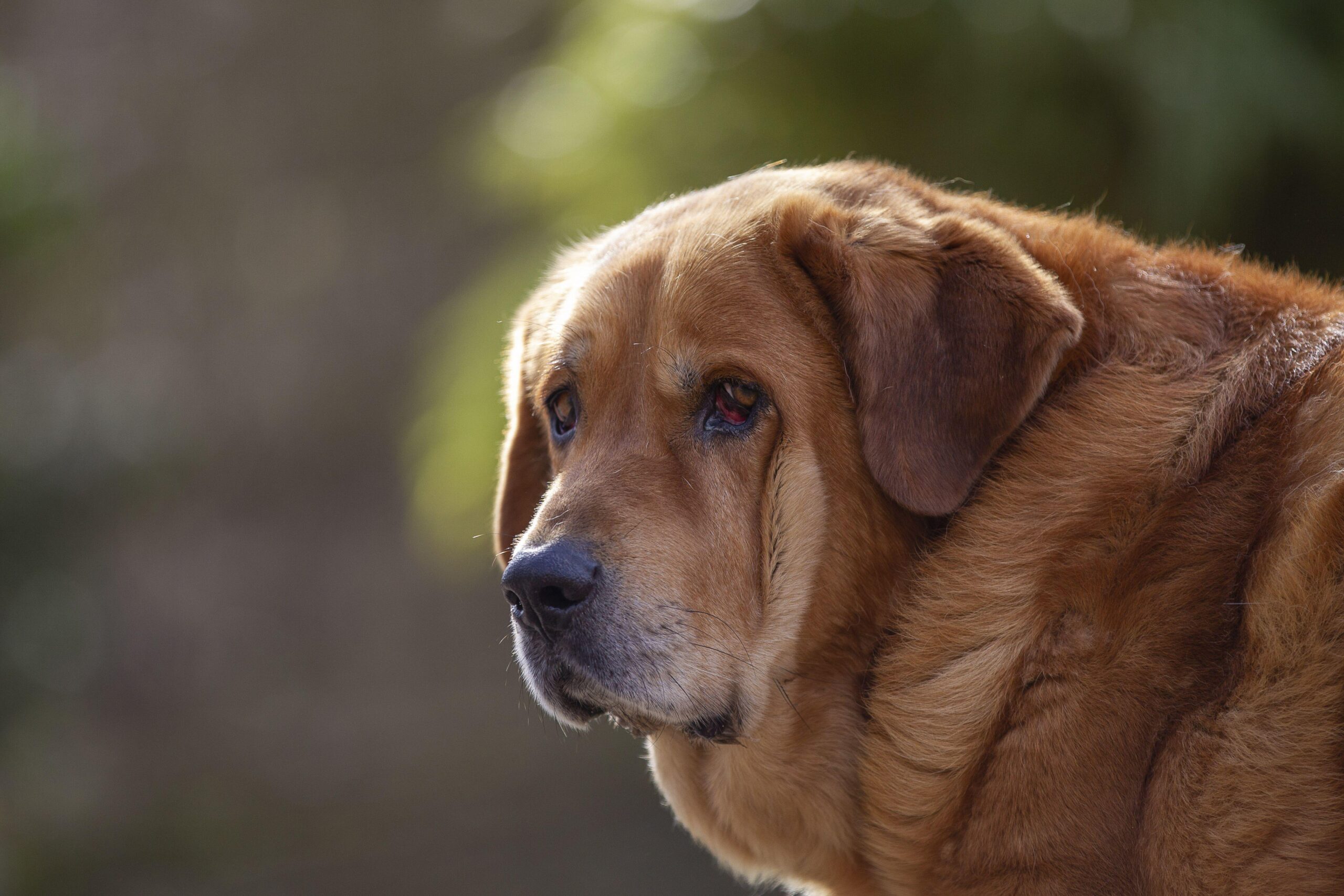 How to deal with a dog that's stronger than you are — especially when it runs off when it gets excited
How to deal with a dog that's stronger than you are — especially when it runs off when it gets excitedBen Randall tackles an issue for an owner of a dog that's almost as big as she is.
-
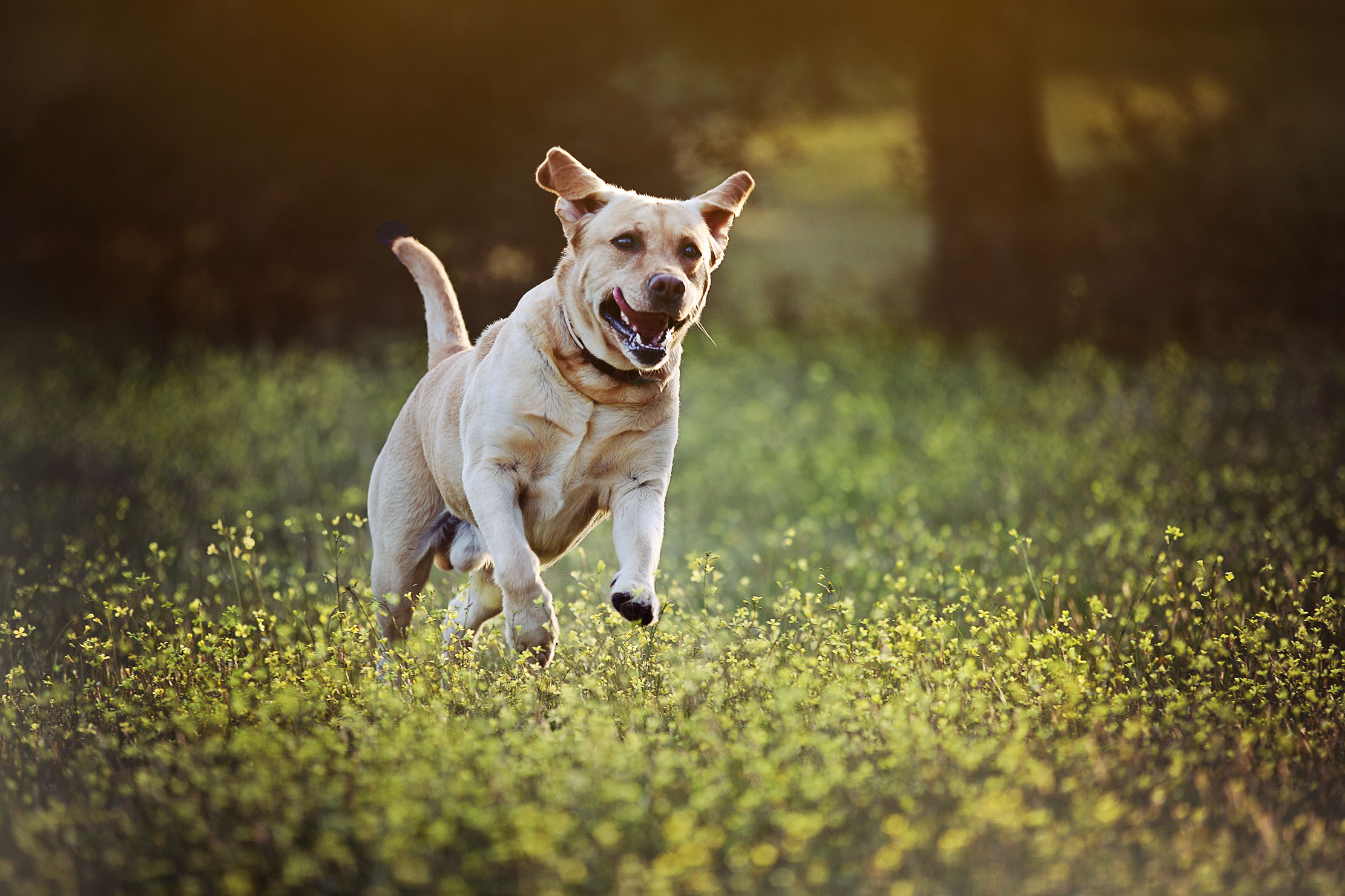 'My dog goes crazy when he sees someone with a ball launcher. How do I make him stop?': Expert trainer Ben Randall explains what to do
'My dog goes crazy when he sees someone with a ball launcher. How do I make him stop?': Expert trainer Ben Randall explains what to doTaking on a dog with ingrained bad habits can be a headache. Ben Randall explains how to retrain them to keep calm.
-
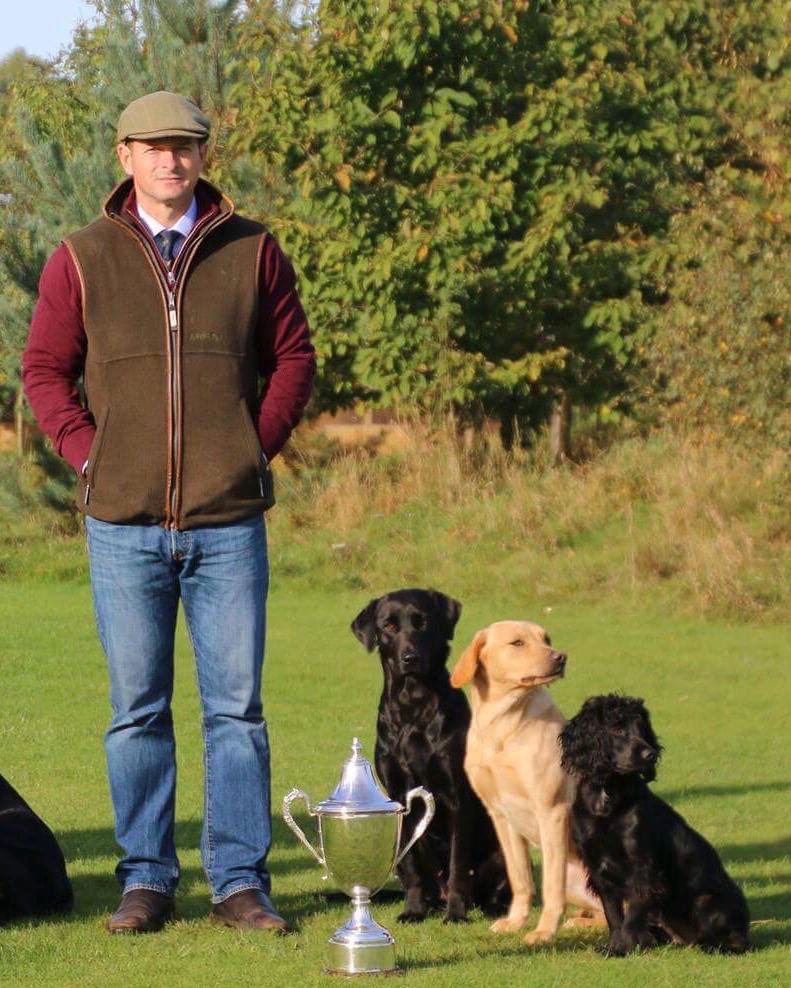 Ben Randall: Q&A with the award-winning dog trainer
Ben Randall: Q&A with the award-winning dog trainerWe speak to Country Life's canine agony uncle Ben Randall.